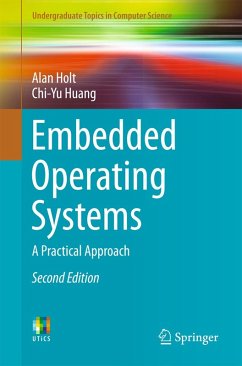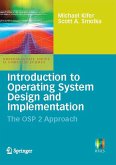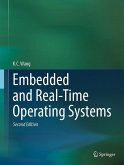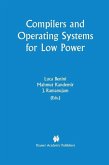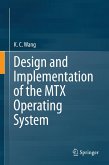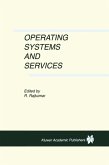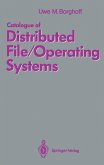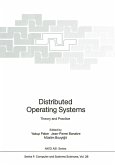This easy-to- follow textbook/reference guides the reader through the creation of a fully functional embedded operating system, from its source code, in order to develop a deeper understanding of each component and how they work together. The text describes in detail the procedure for building the bootloader, kernel, filesystem, shared libraries, start-up scripts, configuration files and system utilities, to produce a GNU/Linux operating system. This fully updated second edition also includes new material on virtual machine technologies such as VirtualBox, Vagrant and the Linux container system Docker.
Topics and features:
The hands-on nature and clearly structured approach of this textbook will appeal strongly to practically minded undergraduate and graduate level students, as well as to industry professionals involved in this area.
Topics and features:
- Presents an overview of the GNU/Linux system, introducing the components of the system, and covering aspects of process management, input/output and environment
- Discusses containers and the underlying kernel technology upon which they are based
- Provides a detailed examination of the GNU/Linux filesystem
- Explains how to build an embedded system under a virtual machine, and how to build an embedded system to run natively on an actual processor
- Introduces the concept of the compiler toolchain, and reviews the platforms BeagleBone and Raspberry Pi
- Describes how to build firmware images for devices running the Openwrt operating system
The hands-on nature and clearly structured approach of this textbook will appeal strongly to practically minded undergraduate and graduate level students, as well as to industry professionals involved in this area.
Dieser Download kann aus rechtlichen Gründen nur mit Rechnungsadresse in A, B, BG, CY, CZ, D, DK, EW, E, FIN, F, GR, HR, H, IRL, I, LT, L, LR, M, NL, PL, P, R, S, SLO, SK ausgeliefert werden.

